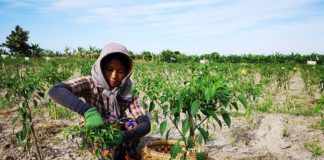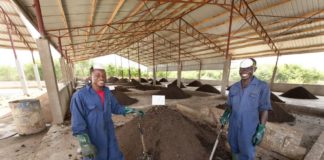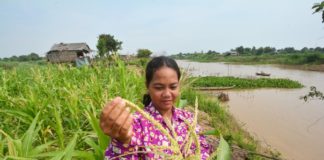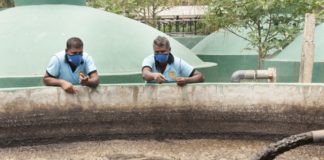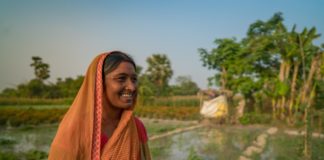Home 2020
Yearly Archives: 2020
Success despite Covid: Hope from a Water Users Association in Central...
The Covid-19 health and economic crisis, as well as recent drought, could have caused optimism to fall. But not for the members of the “Five Village Bless” Water User Association.
USAID Global Waters: Strengthening Drought Monitoring Across the Middle East and...
Despite the troublesome outlook, an innovative initiative launched in mid-2018 is increasing the capacity of several countries across the region to more effectively mitigate, manage, and even one day predict the next serious drought.
Reuters Events: Can innovation quench the Arabian Gulf’s unslakable thirst for...
With two thirds of needs in the region being met by environmentally destructive desalination, there is a slow but steady shift to more sustainable alternatives and lower consumption. Nadine Hawa reports.
Xinhua Net: NEP calls for better human waste management in Africa
A joint study by UNEP and the International Water Management Institute (IWMI) says poor fecal sludge management is a major contributor to the 115 deaths per hour from excreta related diseases in Africa while improved sanitation has been shown to decrease diarrheal disease by 25 percent.
Reuters Events: The Arabian Gulf companies innovating to reduce dependence on...
The Arabian Gulf is a hot and arid region where water has always been in short supply. The region is home to 6% of the world population, but contains less than 1.5% of its renewable freshwater resources.
Gap and opportunity analysis of hydrological monitoring in the Ziway-Shala Sub-basin,...
This working paper was prepared under a development and conservation project – Societal Development and Ecosystems Conservation in Sahelian Wetlands (SAWEL) – focusing on improving food security and nutrition in the Sahel region by helping to safeguard wetlands through ecologically sustainable agricultural water management.
After the flush: How a project in Ghana is turning human...
An IWMI-led project in Ghana aims to address issues with insufficient financing and lack of capacity by capturing value (‘CapVal’) from human waste in ways that support a circular economy.
Everything you need to know about Race To Zero and COP26
IWMI scientists will present a showcase during the event, which has the theme "Vision of a zero-carbon, resilient future through water".
Modernizing wastewater treatment in Sri Lanka
Working across South Asia to identify applied technologies and business models to sustain water and sanitation systems.
IWMI receives the 2020 GEO Sustainable Development Goals (SDG) Award
This is in recognition of the Index-Based Flood Insurance (IBFI) product developed by IWMI scientist Dr Giriraj Amarnath.


